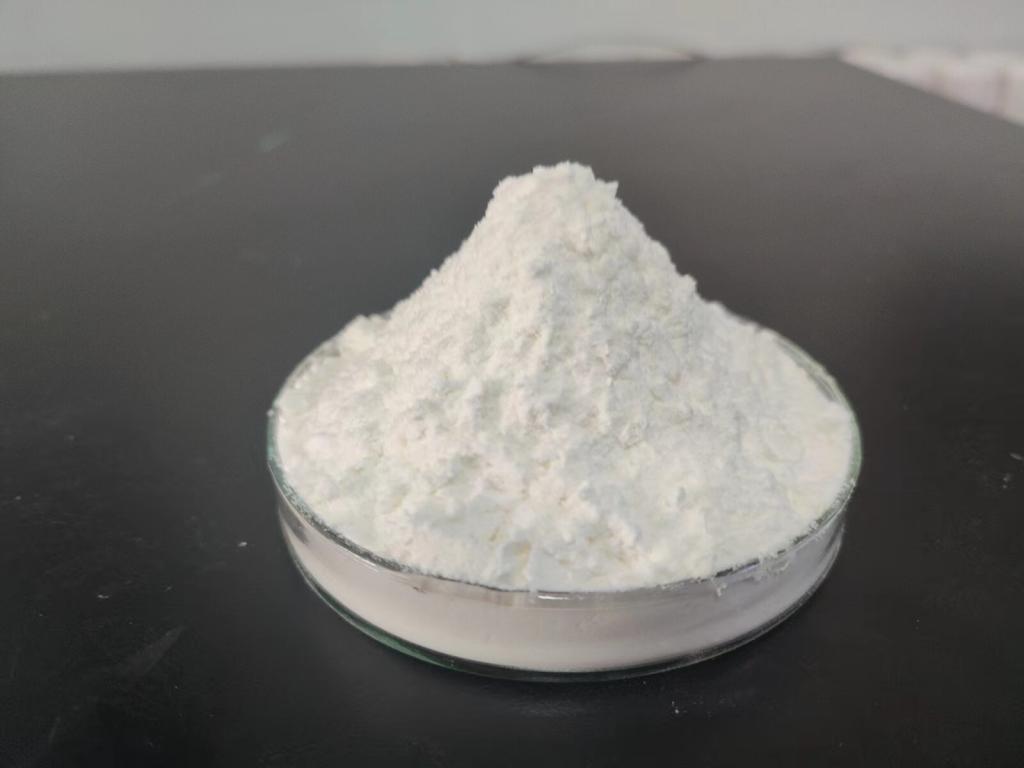Tel:+8618231198596

News
 CONTACT
CONTACT
 CONTACT
CONTACT
- Linkman:Linda Yao
- Tel: +8618231198596
- Email:linda.yao@dcpharma.cn
- Linkman:CHARLES.WANG
- Department:Overseas
- Tel: 0086 0311-85537378 0086 0311-85539701
News
Current Position:
Home >
News
>Investigating the effects of ε-Polylysine hydrochloride on the growth in beverages.
Investigating the effects of ε-Polylysine hydrochloride on the growth in beverages.
TIME:2023-08-25
Introduction:
Beverages are integral to daily life, offering refreshment and enjoyment. However, their liquid nature, nutrient content, and pH levels make them susceptible to microbial contamination and spoilage. The proliferation of spoilage microorganisms can lead to undesirable changes in flavor, aroma, and appearance. Finding effective and natural preservatives that maintain beverage quality is a challenge. ε-Polylysine hydrochloride, with its broad-spectrum antimicrobial properties, offers a promising avenue to combat spoilage microorganisms in various beverages.
ε-Polylysine Hydrochloride: An Overview:
ε-Polylysine hydrochloride is a polypeptide derived from the fermentation of Streptomyces albulus. It has been recognized as safe for consumption by regulatory authorities such as the FDA and EFSA. ε-Polylysine's antimicrobial activity stems from its ability to interact with microbial cell membranes, leading to their disruption and subsequent cell death. This property makes it a compelling candidate for preventing the growth of spoilage microorganisms in beverages.
Mechanisms of Action:
The antimicrobial efficacy of ε-polylysine hydrochloride is rooted in its interaction with cell membranes. It forms complexes with the negatively charged components of microbial cell membranes, causing the membranes to become porous and leading to cell lysis. This mechanism is effective against a wide range of spoilage microorganisms, including bacteria, yeasts, and molds, which are common culprits in beverage spoilage.
Effects on Spoilage Microorganisms in Beverages:
Fruit Juices: Fruit juices are rich in sugars and nutrients, providing an ideal environment for microbial growth. ε-Polylysine hydrochloride can be introduced into fruit juices to inhibit the growth of yeasts and molds that contribute to fermentation and spoilage, maintaining the freshness and quality of the beverages.
Soft Drinks: Carbonated soft drinks can be susceptible to microbial contamination during production and distribution. ε-Polylysine hydrochloride can help prevent the growth of spoilage bacteria that lead to off-flavors and cloudiness, enhancing the overall sensory experience.
Tea and Coffee: Brewed beverages like tea and coffee can develop unwanted flavors due to the growth of bacteria and molds. Incorporating ε-polylysine hydrochloride can extend the shelf life of these products by suppressing the growth of spoilage microorganisms without affecting their characteristic flavors.
Alcoholic Beverages: Alcoholic beverages, such as wine and beer, rely on specific microbial processes for fermentation. While ε-polylysine hydrochloride can impact the growth of certain microorganisms, its application in these beverages must be carefully evaluated to avoid interfering with desired fermentation processes.
Impact on Beverage Quality:
Preserving the quality of beverages is crucial when considering the application of antimicrobial agents. Studies have shown that ε-polylysine hydrochloride, when used in appropriate concentrations, does not negatively affect the sensory attributes of beverages. The taste, color, aroma, and mouthfeel of treated beverages remain consistent with untreated samples, highlighting its potential to extend shelf life without compromising the overall beverage experience.
Shelf Life Extension:
One of the primary goals of using ε-polylysine hydrochloride in beverages is to extend their shelf life by preventing the growth of spoilage microorganisms. By inhibiting microbial proliferation, ε-polylysine hydrochloride can help beverages maintain their quality for a longer duration, reducing waste and enhancing consumer satisfaction.
Considerations and Future Directions:
While ε-polylysine hydrochloride holds promise for beverage preservation, several factors need consideration. These include the optimal concentration of ε-polylysine hydrochloride, interactions with other components in the beverages, and potential effects on beneficial microorganisms. Continued research and collaboration between microbiologists, food scientists, and beverage producers are necessary to refine its application.
Conclusion:
The effects of ε-polylysine hydrochloride on the growth of spoilage microorganisms in beverages present a promising avenue for enhancing the safety and quality of these products. By utilizing its natural antimicrobial properties, beverage producers can extend shelf life, prevent spoilage, and ensure that consumers enjoy beverages that remain fresh, flavorful, and appealing. As the beverage industry seeks sustainable and effective solutions to combat spoilage, ε-polylysine hydrochloride emerges as a valuable tool to meet these challenges while preserving the sensory characteristics that consumers expect.
- Tel:+8618231198596
- Whatsapp:18231198596
- Chat With Skype







